Mission on the Moon – Program a classmate to complete a mission on the Moon
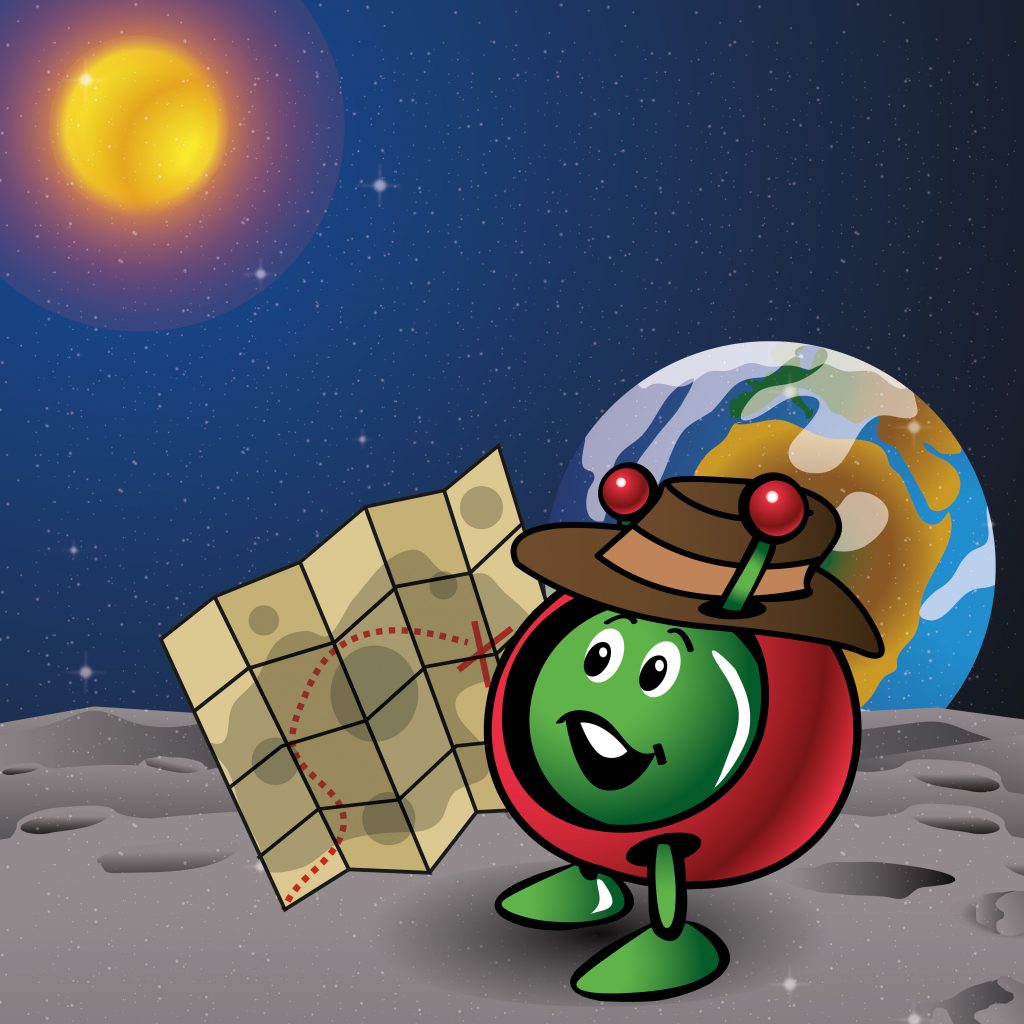
Brief description: This activity will introduce students to logical thinking by planning, testing and executing a simple mission on the Moon. Students will work in pairs and take it in turns to play the roles of “mission controller” and “rover”. One student will give commands to enable the other to navigate blindly across the lunar […]
Moon Shelter – Investigating different shelters on Earth and in space
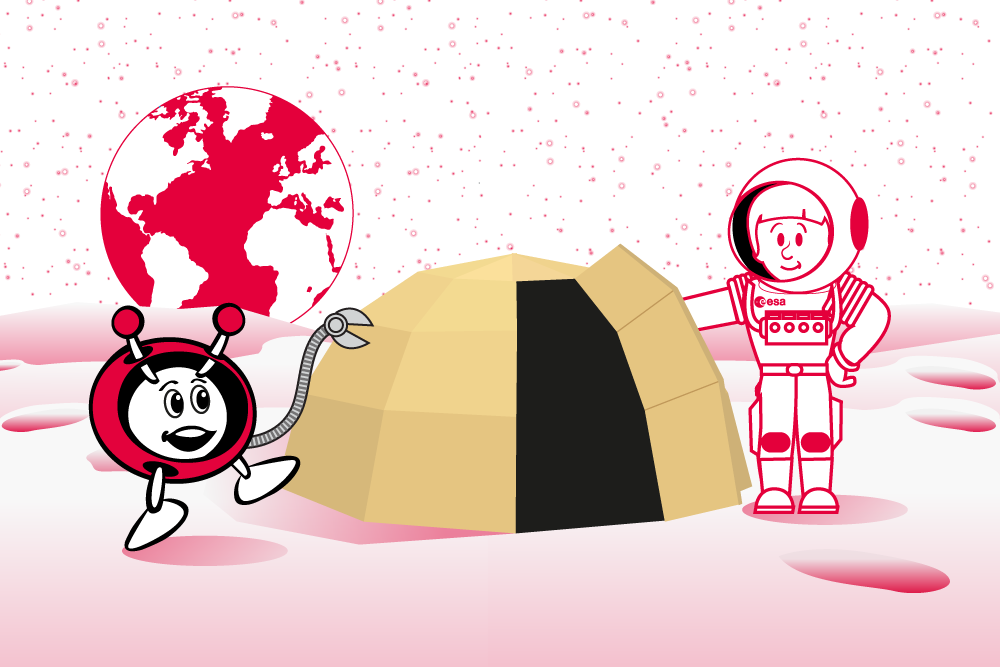
Brief description: In this set of activities, pupils will analyse the importance of having shelter for protection on Earth and in space. Pupils will compare the environmental conditions on Earth and on the Moon, and in a group they will imagine and build their own Moon shelter using materials comparable to the soil on the […]
Moon Rover – Building a solar powered rover
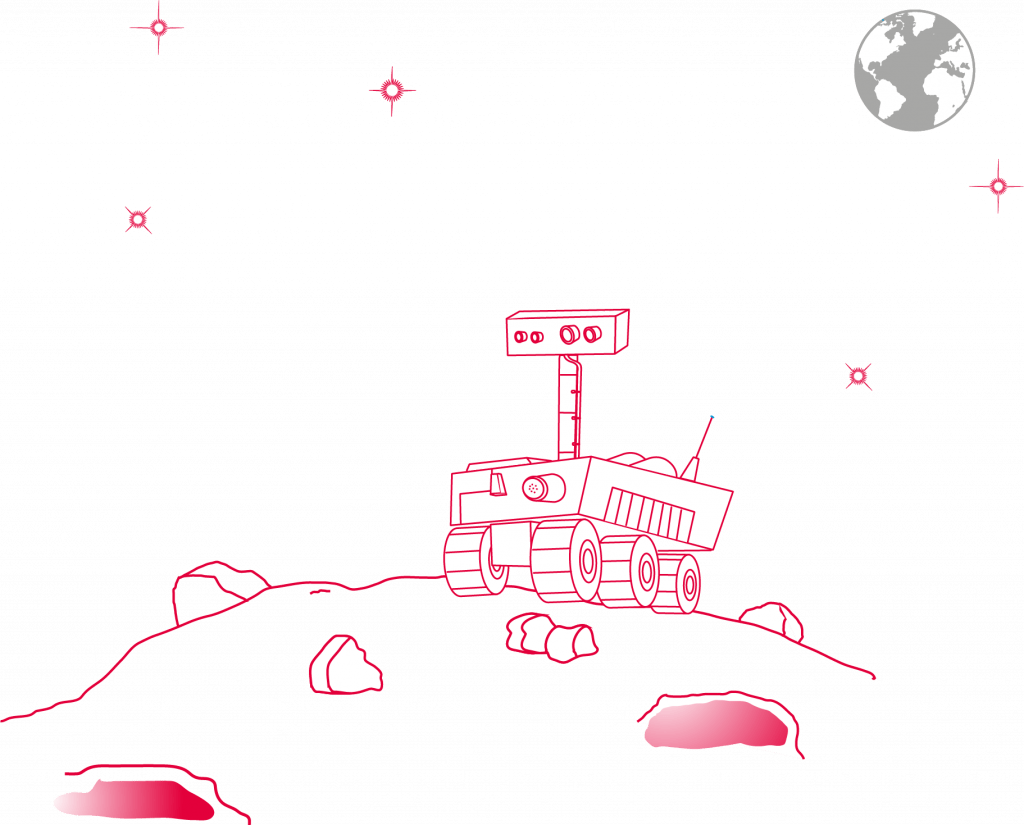
Brief description: In this activity, students will compare the advantages and disadvantages of renewable energy sources and non-renewable energy sources and study simple electrical circuits. Using the Moon as context, students will build a small motor and a solar cell. They will also identify the main features their rover must have in order to go […]
Robotic Arm – Become a space engineer for a day
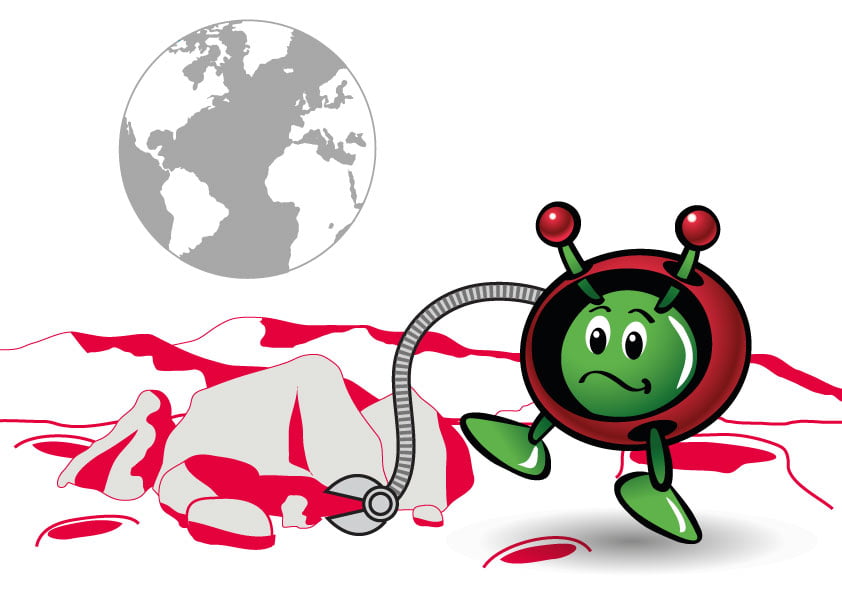
Brief description: In this activity, students will learn how their arm works and build a robotic arm inspired on it. Students will understand the different functions of bones and muscles. They will build and test a model robotic arm and understand why a robotic arm is a very important tool in space. Subject: Science, ArtsLearning […]
Bionic Hand – Building a bionic hand
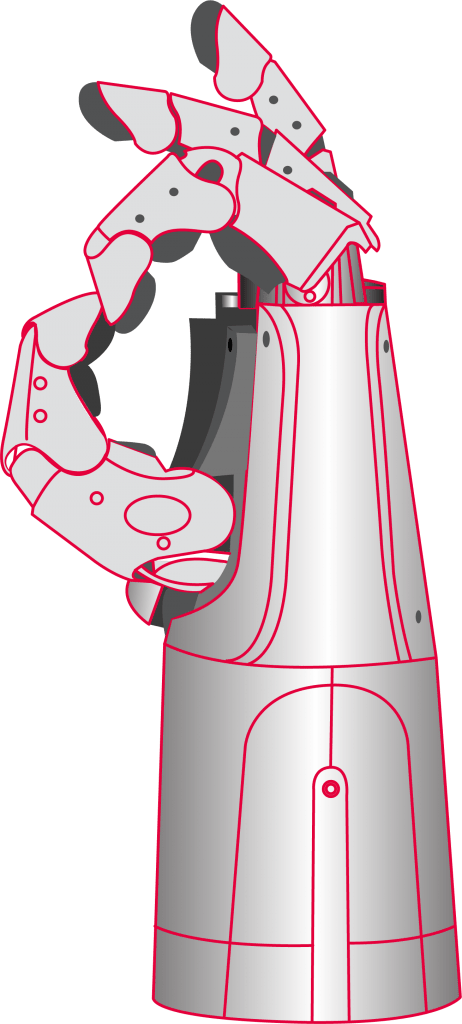
Brief description: In this activity, pupils will build a bionic hand made out of cardboard, strings, straws and rubber bands. They will relate the bionic hand to their own hand to understand the function of the fingers and the importance of the thumb, to grab or hold objects with different shapes and forms. Pupils will […]
Water on the Moon – Filtering lunar ice cores to extract water
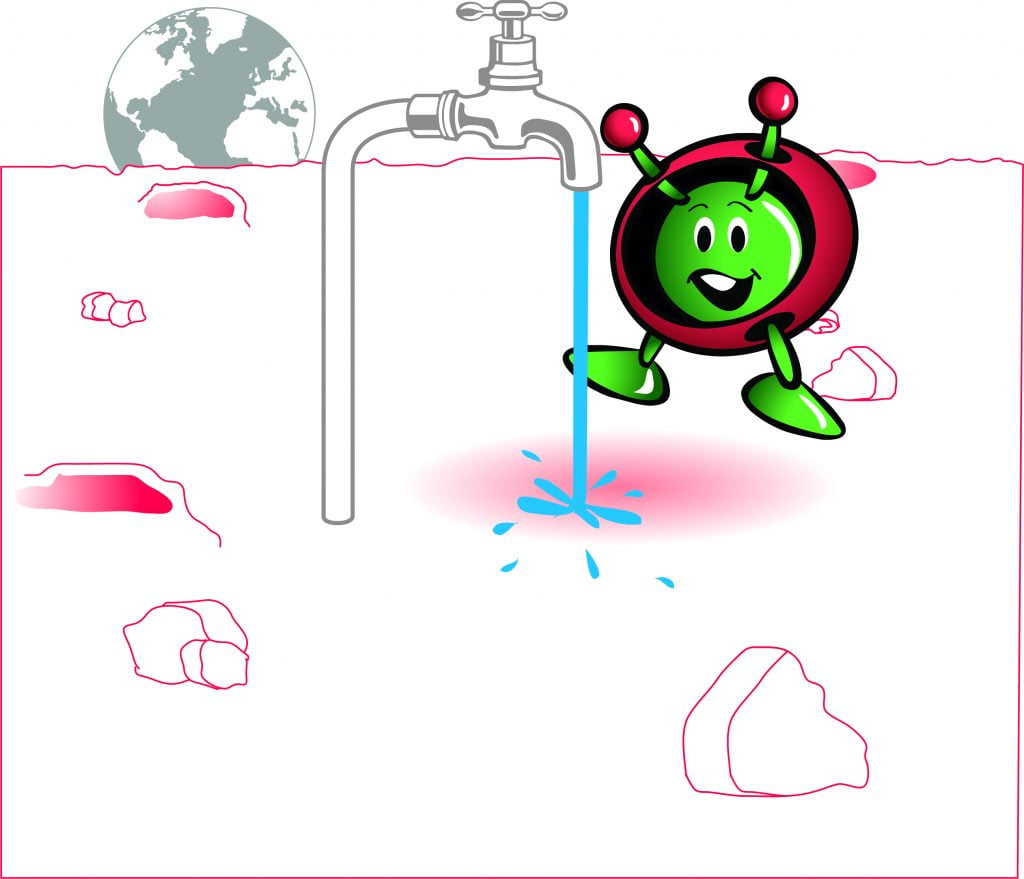
Brief description: In this resource, pupils will spend a day recording approximately how much water they use for different activities. This is followed by an experimental activity in the classroom, where they will use pre-prepared “lunar ice cores” and filter these to get water. They will use the results of the first and second activity […]

